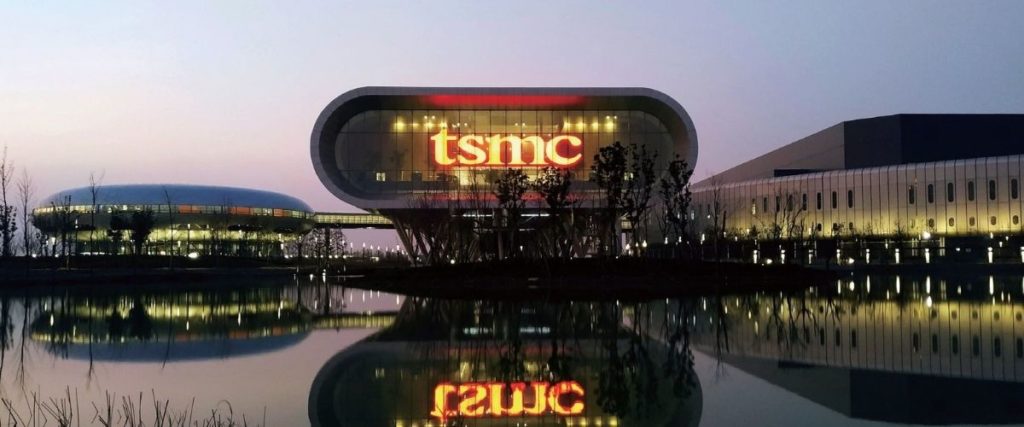Japan is allocating US$5.2 billion to semiconductor manufacturers, including a new TSMC chip factory in Kumamoto prefecture.
Japan announced they will allocate around JP¥600 billion yen (US$5.2 billion) from its fiscal 2021 supplementary budget to chip plants by Taiwan Semiconductor Manufacturing Co (TSMC) and other notable semiconductor manufacturers.
The JP¥600 billion fund will cover subsidies over several years. Companies will be able to receive support under the condition that they will increase production if there are supply shortages, as the Japanese government works to secure a stable domestic chip supply.
JP¥400 billion of this budget will be used on a new TSMC factory, which will be located in Kumamoto prefecture. Earlier this month, TSMC had already said they will build a US$7 billion chip plant in Japan in collaboration with Sony Group Corp.
The remaining JP¥200 billion will be spent on setting up other factories, with several projects under consideration, including a collaboration with US memory chipmaker Micron Technology Inc and Japan-based Kioxia Holdings.
Micron has already taken over Elpida Memory’s site in Hiroshima prefecture, where they produce advanced dynamic random access memory (DRAM) chips. The company has opened discussions with various countries including Japan regarding investments in production.
Kioxia has an advanced NAND flash memory factory in Japan, with a new facility under construction in Mie prefecture, which will start operating in 2022. The company also plans to start constructing another new factory next year in Iwate prefecture, to commence operations as early as 2023.
The world’s top chip-making country in the ’80s, Japan has struggled to keep up with competition such as Taiwan’s booming semiconductor industry. The Japanese government is now looking at making semiconductors a new area of focus under a law targeting companies developing 5G technology, leading to further investment in this sector.
Japanese Prime Minister Fumio Kishida said, “while TSMC is a hot topic, I think it is important to take measures to expand various possibilities in the private sector, such as attracting the U.S. semiconductor manufacturers.”
Amid rapid global digitisation and an increase in data centre investments, memory chip demand is expected to grow in the mid- to long-term. Japan’s Ministry of Economy, Trade and Industry stated in its semiconductor reinforcement package that “securing a stable supply of advanced semiconductors (logic, memory) is the most important security issue.”
Featured banner image credit: Taiwan Semiconductor Manufacturing Co., Ltd.
Related Articles
Taiwan Injects US$300 Million into Grad Schools to Fuel Semiconductor Chip Research
US Firms Cite Taiwan Chip Manufacturers as Risk in Supply Chain Woes
Intel Announces Plans to Lead Global Semiconductor Manufacturing





